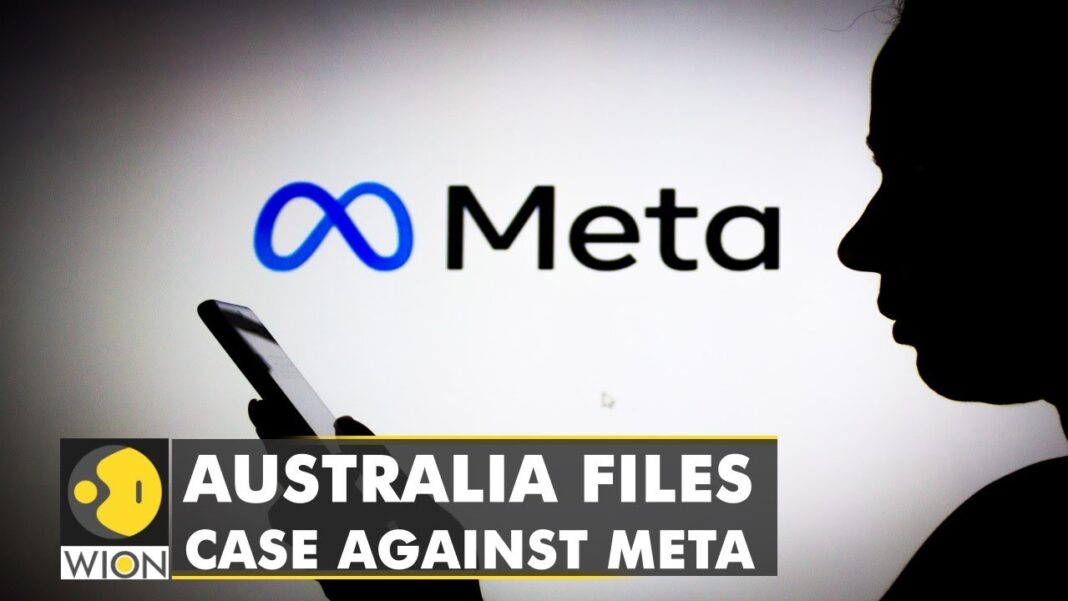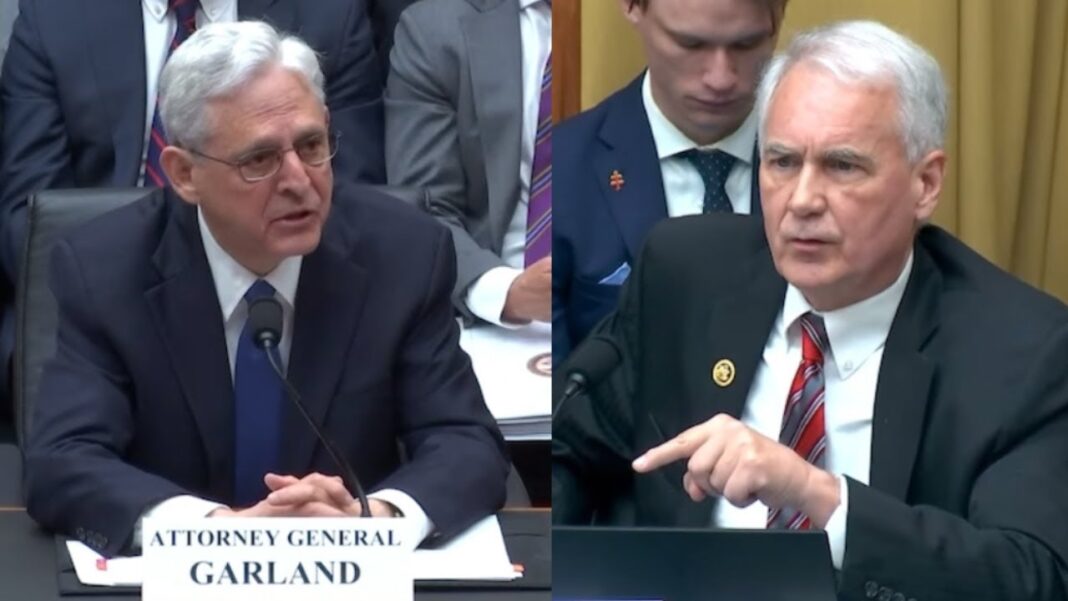A federal law that confers broad immunity to Big Tech companies does not cover breach of contract claims, appeals court rules.
Facebook parent company Meta must face a lawsuit over claims it breached its terms of service by soliciting fraudulent advertisements from Chinese companies, a federal appeals court has ruled.
Christopher Calise and Anastasia Groschen sued Facebook in 2022 after they bought items advertised on Facebook. Mr. Calise’s car engine assembly kit did not arrive. Ms. Groschen’s toddler activity board did arrive, but it was a puzzle, not a board.
The pair said Facebook was unjustly enriching itself and being negligent by not only accepting but soliciting ads from scammers. That included efforts to solicit ads from China-based advertisers, despite internal data indicating nearly three-in-10 such ads violated one or more Facebook policies.
They also said that Facebook was breaching the contract it made with users when it stated in its terms of service that if it learned of harmful conduct, “we will take appropriate action,” but instead solicited, encouraged, and assisted deceptive advertisers.
The entire case was thrown out by U.S. District Judge Jeffrey White, who ruled the claims were barred by Section 230 of the Communications Decency Act.
However, Judge White was wrong to toss the breach allegations, according to the new ruling, which came from a panel of the U.S. Court of Appeals for the Ninth Circuit.
Section 230 confers immunity on providers “of an interactive computer service” for “information provided by another information content provider.” The law bars treating the providers “as a publisher or speaker” in such cases.
But Meta “has failed to meet its burden of showing that § 230(c)(1) applies to plaintiffs’ contract-related claims, because these claims do not ’seek to treat [Meta] as a publisher or speaker,’” U.S. Circuit Judge Ryan Nelson, writing for the majority, said.
“To the extent that Meta manifested its intent to be legally obligated to ’take appropriate action’ to combat scam advertisements, it became bound by a contractual duty separate from its status as a publisher. We thus hold that Meta’s duty arising from its promise to moderate third-party advertisements is unrelated to Meta’s publisher status, and § 230(c)(1) does not apply to plaintiffs’ contract claims,” he added later.







